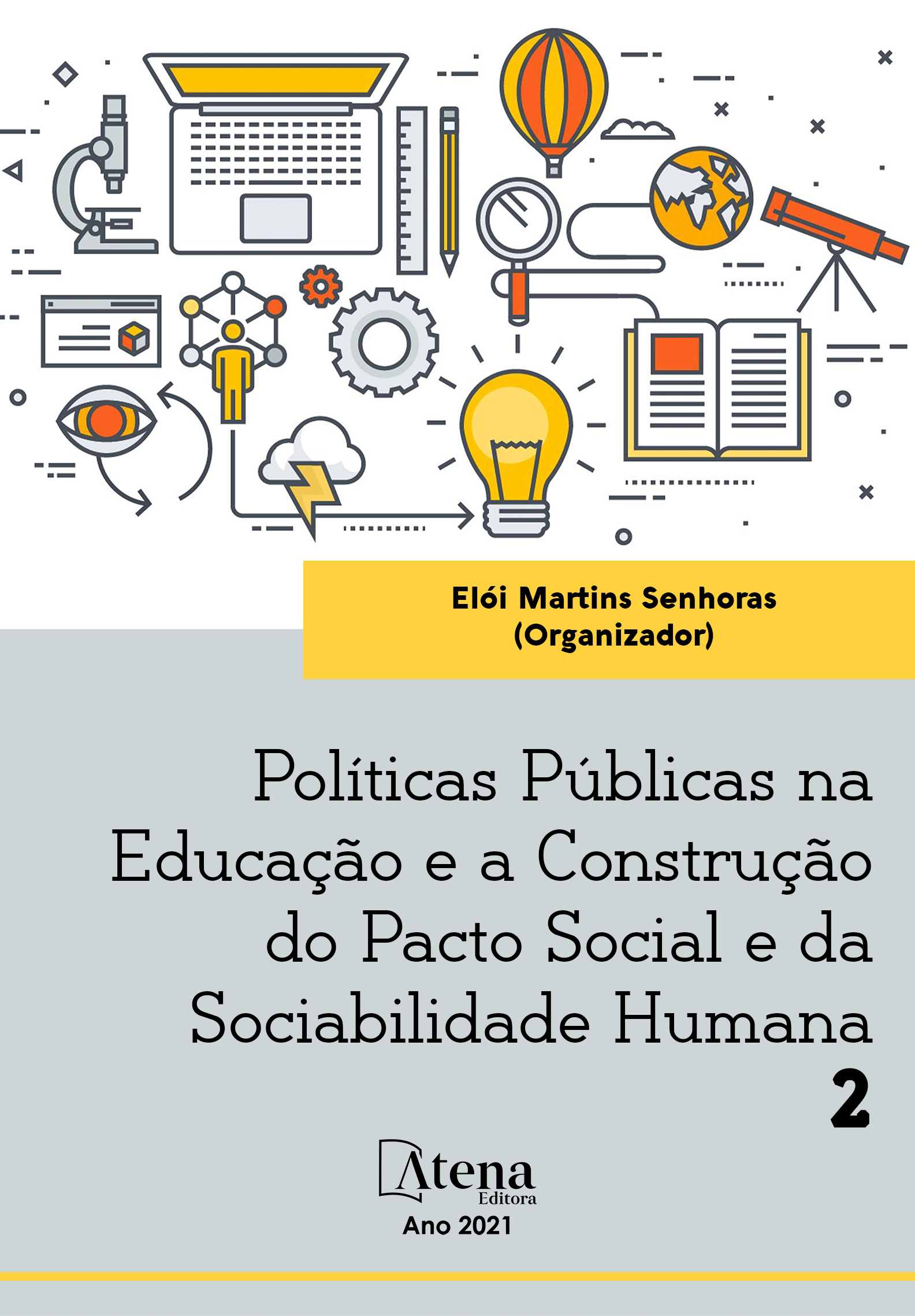
LÍNGUA BRASILEIRA DE SINAIS EM PERSPECTIVA ENTRE AMBIENTES DE ENSINO: O BILINGUISMO NAS SALAS DE RECURSO E EM SALAS DE INCLUSÃO
A inclusão de alunos surdos usuários da língua de sinais, na educação no Brasil é um desafio para todos, haja vista que envolve diferentes fatores como: adaptações curriculares, formação de professores e escolas. Dentro desse panorama, o bilinguismo é uma política educacional que traz a oportunidade de criar a capacidade de ação, de experiência e de segurança de alunos surdos, constituindo-se como alternativa para que consigam dominar e desafiar suas limitações possibilitando uma inclusão mais segura. As organizações sociais de/para surdos lutam para que a Libras seja respeitada e incluída no âmbito educacional, na comunicação entre pais e filhos surdos, nos meios de comunicação social a fim de que se garanta um crescente contato e adesão à sua aprendizagem. Após a aprovação da Lei Nº 10.436/2002, houve a sua regulamentação, através do decreto nº 5626 de 22 de dezembro de 2005. De uma maneira geral, o teor do documento é abrangente no que refere à inclusão da Libras como disciplina curricular, da formação de professor e de tradutor e intérprete, do acesso das pessoas surdas à educação através da Libras e da língua portuguesa e do direito à educação e saúde dessas pessoas. O bilinguismo tem-se tornado uma tendência, o que é muito relevante, uma vez que tem como objetivo básico atender a necessidade do surdo ser bilíngue, ou seja, constituir-se através de uma comunicação própria com o meio. Para tanto, é necessário investigar como o letramento e o processo de inclusão venham a quebrar as barreiras do preconceito, especificamente, sociais e culturais que compreendem as pessoas que necessitam de um processo de aprendizagem diferenciado. Este artigo tem por objetivo analisar um paralelo de como tem ocorrido essas práticas de letramento no processo de inclusão nas escolas, mediante a legislação em vigor e as práticas nas salas de recurso.
LÍNGUA BRASILEIRA DE SINAIS EM PERSPECTIVA ENTRE AMBIENTES DE ENSINO: O BILINGUISMO NAS SALAS DE RECURSO E EM SALAS DE INCLUSÃO
-
DOI: 10.22533/at.ed.24621160122
-
Palavras-chave: Bilinguismo. Educação. Inclusão. Língua brasileira de sinais.
-
Keywords: Bilingualism. Education. Inclusion. Brazilian sign language.
-
Abstract:
The inclusion of deaf students who use sign language in education in Brazil is a challenge for everyone, since it involves different factors such as curriculum adaptations, teacher education and schools. Within this scenario, bilingualism is an educational policy that provides the opportunity to create the capacity for action, experience and security of deaf students, constituting as an alternative for them to master and challenge their limitations allowing a safer inclusion. Social organizations from / to the deaf struggle to ensure that Libras is respected and included in the educational field, in communication between deaf parents and children, in the media to ensure increased contact and adherence to their learning. After the approval of Law No. 10.436 / 2002, it was regulated by Decree No. 5626 of December 22, 2005. In general, the content of the document is comprehensive with regard to the inclusion of Libras as a curricular discipline, the teacher and translator and interpreter training, deaf people's access to education through Libras and the Portuguese language and their right to education and health. Bilingualism has become a trend, which is very relevant, since its basic objective is to attend to the need for the deaf to be bilingual, that is, to be constituted through a proper communication with the environment. Therefore, it is necessary to investigate how literacy and the process of inclusion will break down the barriers of prejudice, specifically social and cultural, that comprise people who need a differentiated learning process. This article aims to analyze a parallel of how these literacy practices have occurred in the process of inclusion in schools, through current legislation and practices in resource rooms.
-
Número de páginas: 10
- Pâmela Cristina Pereira Gonzaga
- Éverton Bernardes Wenceslau


